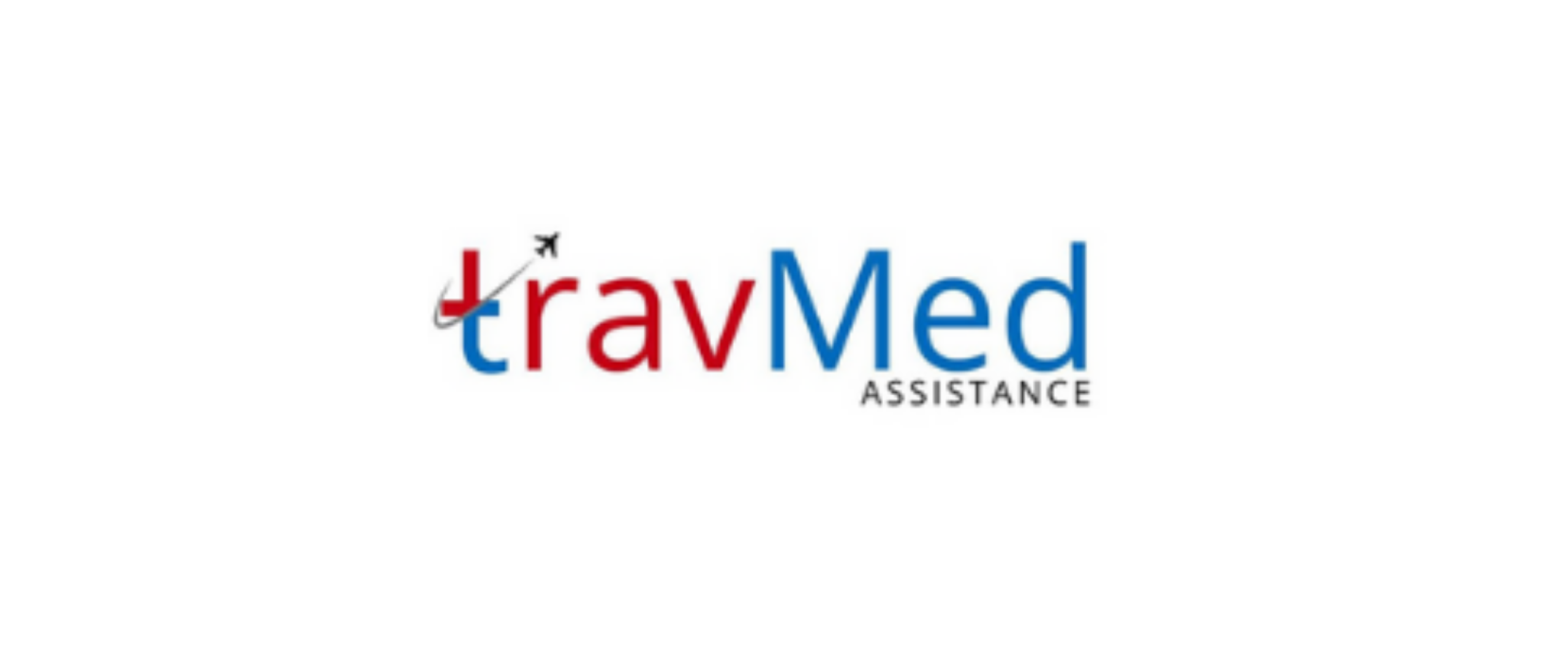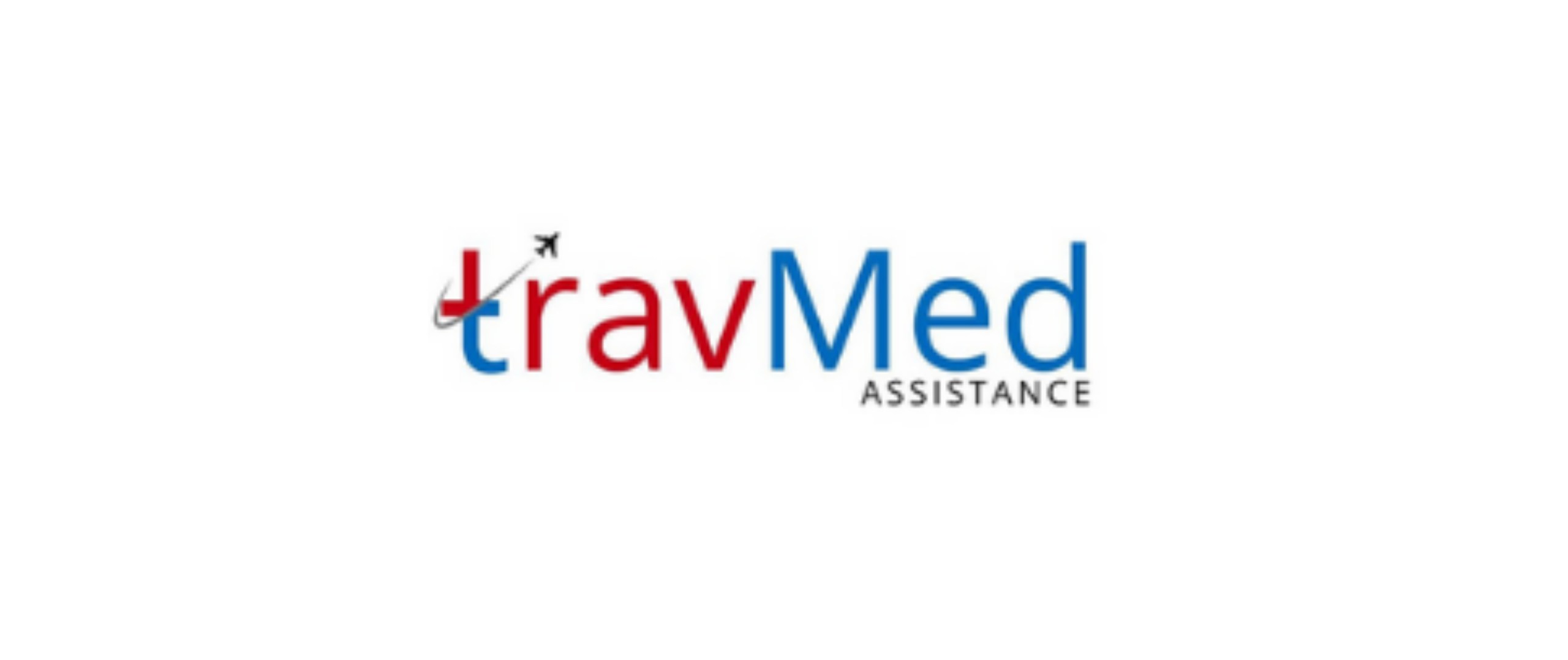
What is travel security support in Nepal?
Travel security support in Nepal encompasses a range of services designed to ensure the safety and well-being of travelers within the country. These services include risk assessment, emergency assistance, medical evacuation, and real-time security updates. In Nepal, travel security support is particularly valuable due to the country’s diverse terrain, from bustling cities to remote Himalayan regions. Providers offer 24/7 monitoring, local intelligence, and rapid response capabilities to address potential threats or emergencies. This support is essential for both leisure and business travelers, helping them navigate unfamiliar environments and potential risks associated with natural disasters, political instability, or health concerns specific to Nepal.
Who provides travel support services?
In Nepal, travel support services are offered by a variety of organizations and companies. These include:
- International assistance companies like International SOS and Global Rescue
- Local Nepalese travel agencies and tour operators
- Specialized security firms with a presence in Nepal
- Embassy and consular services for foreign nationals
- Travel insurance providers with global networks
- Nepalese government agencies for tourism and security
- Private security companies operating within Nepal
- Humanitarian organizations with established presence in the country
These providers often collaborate to offer comprehensive support, combining local expertise with global resources. Many have established networks throughout Nepal, including in remote areas, to ensure wide coverage for travelers.
How does travel security work?
Travel security in Nepal operates through a multi-layered approach:
- Pre-travel risk assessment and planning
- Real-time monitoring of local conditions and potential threats
- 24/7 communication channels for travelers to access support
- Local networks of security personnel and resources
- Coordination with local authorities and healthcare providers
- Emergency response and evacuation capabilities
- Ongoing traveler education and safety briefings
- Post-incident analysis and support
Providers utilize advanced technology, including GPS tracking and mobile apps, to maintain contact with travelers. They also employ local experts who understand Nepal’s unique cultural and geographical context, enabling them to provide tailored security advice and rapid response in case of emergencies.
What documents are needed for support?
To access travel security support in Nepal, travelers typically need to prepare and carry the following documents:
- Valid passport with at least six months validity
- Nepalese visa or relevant entry permit
- Travel insurance policy documents
- Emergency contact information
- Copies of important medical records and prescriptions
- Proof of vaccination, especially for COVID-19 and other required immunizations
- Travel itinerary and accommodation details
- Contact information for local embassy or consulate
- Identification cards provided by security service providers
- Copies of credit cards and other financial information
- Local SIM card or international phone plan details
It’s advisable to keep both physical and digital copies of these documents, storing digital versions securely in cloud storage for easy access in emergencies.
What is the process for securing travel?
The process for securing travel in Nepal involves several steps:
- Research and risk assessment of intended destinations
- Selection of a reputable travel security provider
- Purchasing comprehensive travel insurance
- Obtaining necessary visas and permits for Nepal
- Booking accommodations through verified sources
- Arranging reliable transportation within Nepal
- Registering with your country’s embassy in Nepal
- Receiving pre-travel security briefings and health advice
- Setting up communication channels with security providers
- Establishing emergency protocols and meeting points
- Regular check-ins with security providers during travel
- Post-travel debriefing and feedback
This process ensures that travelers are well-prepared for potential risks and have access to support throughout their journey in Nepal. It’s recommended to start this process well in advance of the planned travel date to allow for thorough preparation and any necessary adjustments.
How much do security services cost?
The cost of travel security services in Nepal varies widely depending on the level of support required, duration of stay, and specific services included. Typical price ranges include:
- Basic travel insurance with security coverage: $50-$200 per trip
- Comprehensive travel security packages: $200-$1000 per week
- Corporate security solutions: $1000-$5000 per month
- Emergency evacuation services: $5000-$100,000 depending on complexity
- Personal security detail: $500-$2000 per day
- Risk assessment and planning services: $500-$3000 per assessment
- Satellite phone rental: $50-$200 per week
- GPS tracking devices: $100-$500 per device
Factors influencing costs include the traveler’s profile, destination within Nepal, current security situation, and level of customization required. Many providers offer tiered pricing structures, allowing travelers to choose the level of support that best fits their needs and budget.
Are these services available nationwide?
Travel security services in Nepal are available nationwide, but the level of coverage and response times may vary depending on the location. Major cities like Kathmandu, Pokhara, and Chitwan have extensive support networks with rapid response capabilities. In more remote areas, such as the Himalayan regions or rural districts, services may be more limited but still accessible. Providers typically maintain:
- 24/7 operations centers in Kathmandu
- Regional hubs in major tourist destinations
- Partnerships with local security firms and healthcare providers
- Helicopter evacuation services for remote areas
- Satellite communication networks for areas with poor infrastructure
- Mobile response teams that can deploy to any part of the country
- Relationships with local authorities in various districts
While nationwide coverage exists, travelers should be aware that response times and available resources may differ in remote or challenging terrains. It’s advisable to discuss specific travel plans with security providers to understand the exact level of support available in each location.
What is included in travel security?
Travel security services in Nepal typically include a comprehensive range of support mechanisms:
- Pre-travel risk assessments and destination briefings
- Real-time security alerts and updates
- 24/7 emergency hotline support
- Medical and security evacuation services
- Assistance with lost or stolen documents
- Coordination with local law enforcement
- Access to secure transportation and accommodation
- Cultural awareness and safety training
- Tracking and monitoring of traveler movements
- Crisis management and emergency response
- Language interpretation and translation services
- Secure communication channels
- Personal security escorts (if required)
- Post-incident counseling and support
- Assistance with medical emergencies and healthcare access
- Travel disruption and contingency planning
These services are designed to provide comprehensive support throughout the traveler’s journey in Nepal, addressing both routine concerns and potential emergencies. The exact inclusions may vary based on the provider and the specific package chosen by the traveler or organization.
How reliable are providers in Nepal?
The reliability of travel security providers in Nepal varies, but several factors contribute to overall trustworthiness:
- International providers with established reputations often maintain high standards
- Local Nepalese companies may offer superior local knowledge and networks
- Government-accredited providers adhere to specific quality and safety standards
- Companies with long-standing operations in Nepal demonstrate stability and experience
- Providers with 24/7 operations centers and multiple contact methods show commitment to accessibility
- Those with transparent pricing and clear service agreements tend to be more reliable
- Providers with positive reviews and testimonials from previous clients indicate good service
It’s advisable to research providers thoroughly, checking their credentials, client reviews, and operational history in Nepal. Reputable providers should be willing to provide references and detailed information about their capabilities and limitations. While most established providers offer reliable services, travelers should always have backup plans and alternative contact methods in case of unforeseen circumstances.
Can services handle emergency situations?
Travel security services in Nepal are equipped to handle a wide range of emergency situations, including:
- Natural disasters (earthquakes, landslides, floods)
- Political unrest or civil disturbances
- Medical emergencies and evacuations
- Lost or stolen passports and documents
- Kidnapping and extortion attempts
- Terrorist incidents
- Severe weather events
- Transportation accidents
- Legal issues and detention situations
Providers maintain crisis management teams, evacuation resources, and partnerships with local authorities and healthcare facilities. They often conduct regular drills and scenario planning to ensure readiness. However, the effectiveness of emergency response can be influenced by factors such as location, severity of the situation, and local conditions. Travelers should understand the capabilities and limitations of their chosen provider and always follow official advice during emergencies.
How do I access travel security services?
Accessing travel security services in Nepal typically involves the following steps:
- Research and select a reputable provider
- Contact the provider to discuss your travel plans and needs
- Choose an appropriate service package
- Complete any required registration or paperwork
- Receive access credentials (e.g., membership number, app login)
- Download any necessary mobile applications
- Save emergency contact numbers to your phone
- Attend pre-travel briefings or training sessions
- Carry provided emergency contact cards or documents
- Check in with the provider upon arrival in Nepal
- Use the services as needed throughout your trip
- Contact the 24/7 hotline for any emergencies or assistance
Many providers offer multiple access points, including phone hotlines, mobile apps, web portals, and local offices. It’s crucial to familiarize yourself with these access methods before travel and test them upon arrival in Nepal to ensure they work correctly in-country.
What tools are used for travel safety?
Travel security providers in Nepal utilize a variety of tools to enhance traveler safety:
- GPS tracking devices for real-time location monitoring
- Mobile apps with panic button features and safety information
- Satellite phones for communication in remote areas
- Secure messaging platforms for confidential communications
- Risk intelligence databases with up-to-date security information
- Drone technology for aerial surveillance and assessment
- Telemedicine platforms for remote medical consultations
- Wearable devices with health monitoring capabilities
- Secure transportation vehicles with communication equipment
- Emergency evacuation helicopters and aircraft
- Portable water purification and medical kits
- Solar-powered chargers and backup power banks
- Encrypted data storage for sensitive traveler information
- Virtual reality simulations for pre-travel training
- Artificial intelligence systems for predictive risk analysis
These tools are continually evolving, with providers incorporating new technologies to enhance safety and response capabilities. Travelers should familiarize themselves with the specific tools offered by their chosen provider and ensure they know how to use them effectively in various situations.


